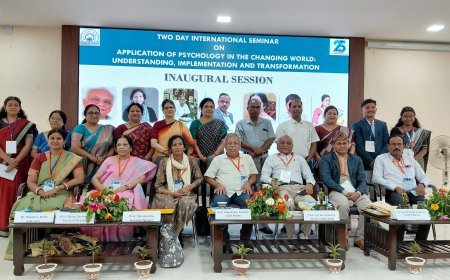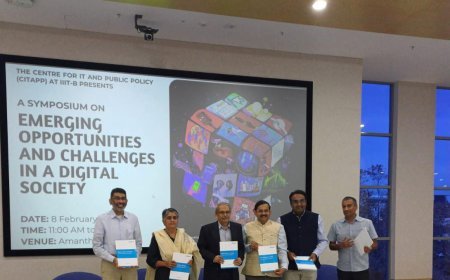Clampdown on Private Schools in Jabalpur: A WelClampdown on Private Schools in Jabalpur: A Welcome Step Towards Affordable and Transparent Educationcome Step Towards Affordable and Transparent Education

By Sanjay Pattnayak
In a significant move to curb the unethical practices of private schools in Jabalpur, the district administration, under the leadership of Collector Deepak Kumar Saxena, has taken action against 55 private schools for allegedly forcing parents to purchase books and stationery from specific shops. The action has been initiated under the Madhya Pradesh Private School Fee Regulation Act, 2017, which aims to regulate school fees and related issues.
The decision comes after mounting complaints from parents, who revealed that many schools have been compelling them to buy educational materials from designated vendors at inflated prices. The schools allegedly receive commissions from these vendors, thereby prioritizing profits over students’ academic welfare. In some cases, fees were hiked arbitrarily by as much as 22% without proper consultation with stakeholders.
What is heartening is the administration's commitment to transparency. An open hearing has been ordered where parents and other stakeholders will be allowed to present evidence. The district has also announced a book fair to ensure that parents can access books directly from publishers at reasonable prices. If a significant price disparity is found between the books sold at the fair and those sold by the schools’ designated vendors, efforts will be made to refund the difference to parents.
As someone who has spent years teaching students under the CBSE curriculum, I have witnessed firsthand the unnecessary financial and academic burden that such practices impose. NCERT books, which are designed by experts and endorsed by the government, are not only cost-effective but also insightful and pedagogically sound. Unfortunately, many private schools sidestep CBSE directives and impose expensive textbooks from private publishers, primarily to earn commissions.
This not only contravenes educational guidelines but also exposes a bigger problem: the commercialization of education. The goal of teaching should be to facilitate learning, not to complete the syllabus mechanically or to inflate academic costs under the guise of quality. Many teachers, instead of focusing on activity-based learning as suggested in NCERT books, simply aim to finish chapters and mark examinations. Worse still, students are burdened with irrelevant project work that adds no real value but adds significantly to the financial stress of parents.
The reality is grim—despite paying hefty fees, parents often find that their children are not receiving quality education. The system rewards compliance rather than creativity and burden rather than learning.
The action in Jabalpur should serve as a wake-up call across the country. Education is a right, not a privilege sold at premium prices. Schools must be held accountable, and teachers must be trained not just to complete syllabi but to inspire curiosity, critical thinking, and compassion in their students.
It’s time we bring back the soul in schooling—where learning is meaningful, affordable, and inclusive.
Sanjay Pattnayak
Sundargarh












































